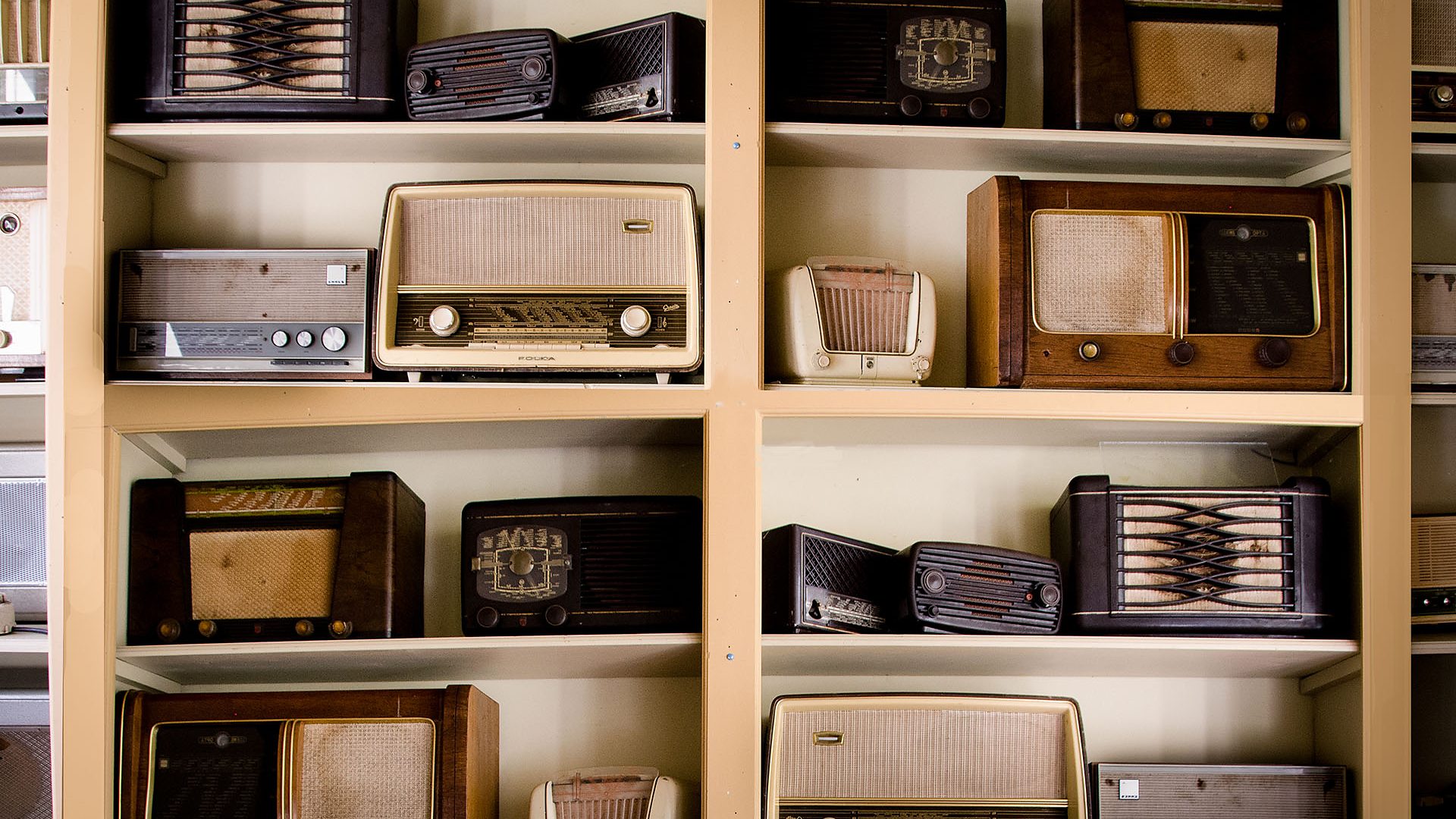An interesting development, I'll take a listen when I can...
It needs the latest version of Firefox to work.
It needs the latest version of Firefox to work.



 It would be interesting for some one with trained ears to do AB comparisons with the HD Sound iPlayer aac offering. I somehow doubt much difference would be detected by all but a very few. I wonder if jlw would be up for it?
It would be interesting for some one with trained ears to do AB comparisons with the HD Sound iPlayer aac offering. I somehow doubt much difference would be detected by all but a very few. I wonder if jlw would be up for it?
Comment